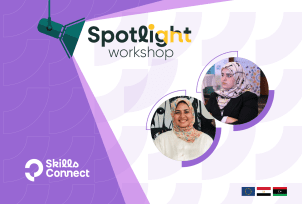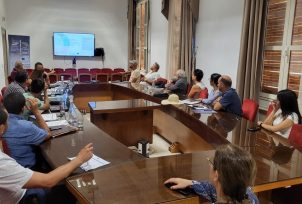EBRD delivers record investment in SEMED region

The European Bank for Reconstruction and Development (EBRD) posted record investment of more than €2.4 billion in the southern and eastern Mediterranean (SEMED) in 2024 – up from €2 billion in 2023 – in extremely challenging times. Across the six economies of the SEMED region (Egypt, Jordan, Lebanon, Morocco, Tunisia, and the West Bank and Gaza), a total of 49 per cent of that investment was in the green economy, with 55 per cent in the financial sector, 25 per cent in the corporate sector and 21 per cent in sustainable infrastructure.
Nearly 60 per cent of all investment in the region included targeted actions aimed at strengthening gender equality, with figures of 75 per cent in Jordan, 58 per cent in Egypt, 56 per cent in Tunisia and 50 per cent in Morocco. In addition, 33 per cent of all projects across the region had an explicit focus on addressing inequalities and developing human capital. Egypt led the way, accounting for 26 of the EBRD’s 50 new projects in the region. Investment in Egypt totalled more than €1.4 billion, with 84 per cent of it going to the private sector.
The EBRD also continued to support the economy of the West Bank and Gaza, providing €67 million of loans and investment, with a focus on developing small businesses in the West Bank through credit lines and trade facilities intermediated by local banks. The Bank made its first equity investment there in 2024, investing in Bank of Palestine, as well as investing in the venture capital fund Ibtikar. Over the period from 2017 to 2024, the Bank financed 30 transactions worth €157.4 million, while 150 small businesses received advisory support.
Also in 2024, the Bank launched the third edition of the Star Venture programme, supporting 8 new start-ups, bringing the total number of start-ups that have benefited from the programme to 21. Under the EBRD’s Advice for Small Businesses programme, 437 enterprises in the SEMED region received advisory services and training last year, with half of that support being funded by the EU.




























 Syria
Syria 





